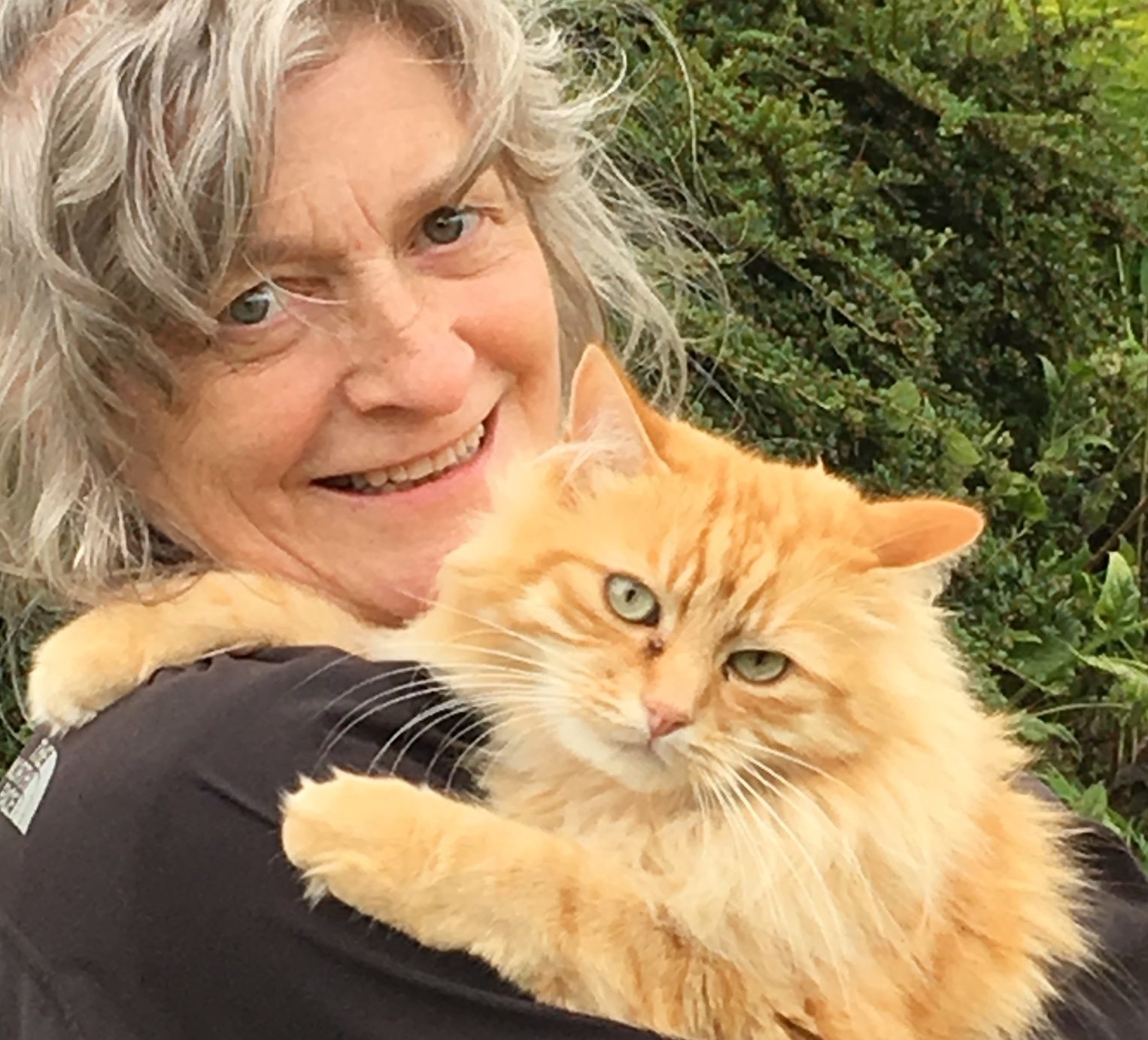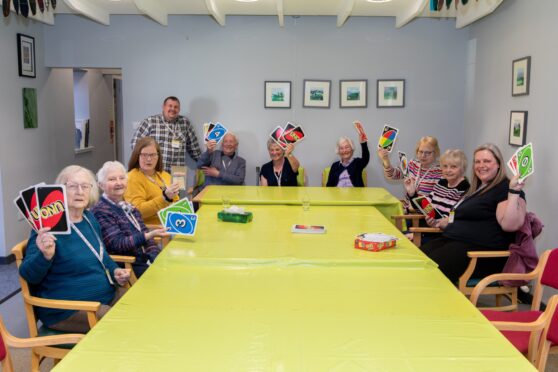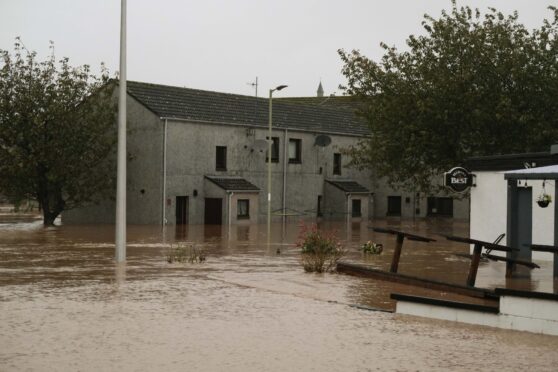A Tayside woman has launched a petition to “halt the suffering of the cat population” and give the Scottish wildcat a future.
Dr Ellie Stirling has been working full-time as a volunteer in environmental matters including working with Scottish Wildcat Action.
She has returned over 4,000 neutered feral cats to their natural territory in the past 20 years and recently started a campaign called Cats Liberation.
Dr Stirling has now launched a petition to ask the Cabinet Minister for Environment Climate Change and Land Reform to introduce new measures “to stop a catastrophe happening”.
The petition seeks a ban on keeping un-neutered cats in Scotland with additional measures which include compulsory neutering, micro-chipping and registration of all owned cats.
She said: “I am doing this as a private individual because I was so shocked learning about the enormity of the cat population in the UK – it’s vast and burgeoning.
“I know first hand what atrocious suffering is endured by the stray, abandoned and feral cats. Additionally, the future of the Scottish wildcat hangs in the balance.
“Either the species lives on only as a handful of specimen animals inside fenced enclosures or it is restored to live freely in its native territory but this will need all domestic cats to be neutered and microchipped.”
Dr Stirling said the voluntary approach to cat neutering has been admirable but has “now reached the limits of what it can do”.
She said hundreds of thousands of cats endure atrocious conditions because domestic cats still produce far more kittens than there are homes available.
“If new measures aren’t taken urgently to stop the rising tide produced by owned cats, then the already huge stray and feral cat populations will swell catastrophically.
“Now is Scotland’s last chance to avoid the disasters suffered by Australia and the USA where cat population controls were introduced too little and too late, with catastrophic results for cats and wildlife.
“Stray and feral cats and their offspring suffer disease, starvation, persecution, hypothermia and unspeakable deaths in dangerous environments.
“While a lucky minority are helped by Trap Neuter Return programmes, for the most part their suffering is invisible and unattended.”
She added Scotland is in the unique position of having the endangered Scottish wildcat to consider.
She said: “Before the current wildcat conservation project comes to an end we must have effective measures in place to protect it from hybridisation with un-neutered domestic cats.
“Studies have shown that Trap Neuter Return programmes are pointless unless accompanied by turning off the flow that keeps them going – that is, Scotland needs to achieve a neutering rate of 100% of owned cats.”










